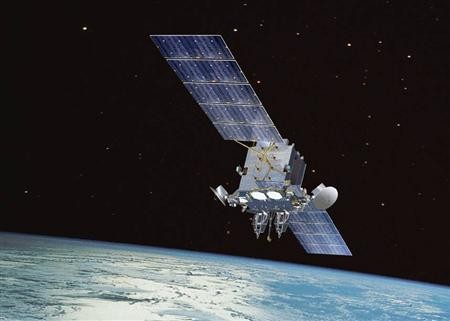Facebook has teamed up with a French satellite company in an attempt to provide free Internet access to emerging markets in developing countries. Its program, which will launch in the second half of 2016 and will last several years, will use satellite technologies to provide wireless broadband to large parts of Africa south of the Sahara Desert.
Facebook's project will connect over 14 countries in Sub-Saharan Africa, according to Engadget. It includes the most heavily populated parts of the region.
The social network will labor with Eutelsat Communications to use the AMOS-6 satellite, which will be escorted by Elon Musk-owned SpaceX's Falcon 9 rocket, to get more Africans online. Israel Aerospace Industries built the $200 million, 5-ton (4.5-metric ton) satellite.
The system will provide Direct-to-User Web access using off-the-shelf equipment. Eutelsat will set up a new London-based company for the satellite broadband rollout.
Chris Daniels is Facebook's Internet.org Vice President. He said that the satellites can effectively connect people in very remote areas.
Facebook already has 1.5 billion active users every month. However, it launched Internet.org to connect the world's other 5 billion people, and teamed up with mobile-focused companies such as Microsoft, Samsung, and Qualcomm.
However, Internet.org has been criticized for providing limited Internet access to sites including Facebook and local websites, according to Venture Beat. It raises the issue of net neutrality.
Facebook also has launched Aquila, a solar-powered Internet-beaming drone. It creates a 31-mile (50-kilometer) communications radius from up to 90,000 feet (27,430 meters). That is for a maximum of 90 days.
Aquila is similar to Google's Project Loon. The search giant's hot air balloons will also deliver the Web.
Eutelsat was founded in 1977. Its 39-sattelite system is used worldwide by thousands of radio, TV, and cable networks.
A total 19 percent of Africa's population is online (2014). About two-thirds of the continent's online activity occurs in South Africa.
This video shows Facebook's Mark Zuckerberg talking at the United Nations about the power of the Internet:



























